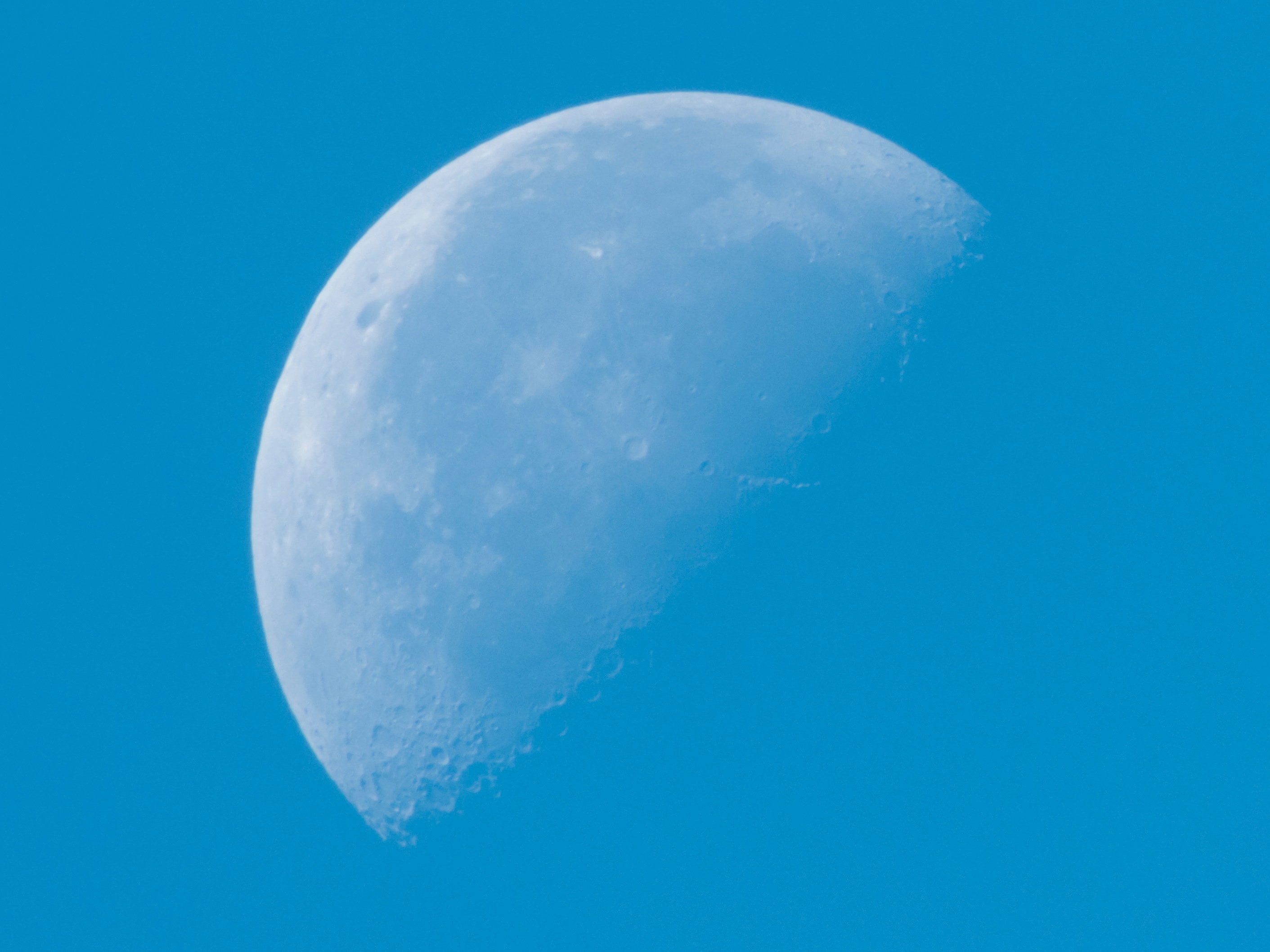
THE PROS AND CONS OF DAYLIGHT SAVINGS
This weekend we change the clocks, but the argument of the true benefits still are in question. Here's some of the arguments.
Pro: Longer Evenings
Changing the clocks does not create extra daylight, but it causes the Sun to rise and set at a later time by the clock. So, when we spring forward an hour in spring, we add 1 hour of natural daylight to our afternoon schedule.
Proponents of DST argue that longer evenings motivate people to get out of the house. The extra hour of daylight can be used for outdoor recreation like golf, soccer, baseball, running, etc. That way, DST may counteract the sedentary lifestyle of modern living.
The tourism industry profits from brighter evenings. Longer nights give people more time to go shopping, to restaurants, or other events, boosting the local economy.
Con: Doesn't Save Energy
A century ago, when DST was introduced, more daylight was a good thing because it meant less use of artificial light, helping to save energy. Modern society, with its computers, TV-screens, and air conditioning units uses more energy, no matter if the Sun is up or not. Today, the amount of energy saved from DST is negligible.
When Indiana decided to introduce DST in 2006, a study found that the measure actually increased energy use in the state.
Pro: Less Artificial Light
One of the aims of DST is to make sure that people's active hours coincide with daylight hours so that less artificial light is needed. This makes less sense close to the equator where the amount of daylight does not vary much in a year, or near the poles where the difference between winter and summer daylight hours is very large.
However, at latitudes between these extremes, adjusting daily routines to the shifting day length during summer may indeed help to save energy. A German analysis of 44 studies on energy use and DST found a positive relationship between latitude and energy savings.
Con: Can Make People Sick
Changing the time, even if it is only by 1 hour, disrupts our body clocks or circadian rhythm. For most people, the resulting tiredness is simply an inconvenience. For some, however, the time change can have more serious consequences.
Studies link the lack of sleep at the start of DST to car accidents, workplace injuries, suicide, and miscarriages.
The early evening darkness after the end of the DST period is linked to depression.
The risk of suffering a heart attack is also increased when DST begins. However, the extra hour of sleep we get at the end of DST has in turn been linked to fewer heart attacks.
How DST affects your health
Pro: Lighter = Safer
Safety is a good argument for keeping the lighter evenings of DST.
Studies have found that DST contributes to improved road safety by reducing pedestrian fatalities by 13% during dawn and dusk hours.
Another study found an 7% decrease in robberies following the spring shift to DST.
Con: Costs Money
It is hard to determine the economic cost of the collective tiredness caused by DST, but studies have found that there is a decrease in productivity after the spring transition.
The City of New York invested 1.5 million US dollars in a dusk and darkness safety campaign for the DST change for the fall of 2016.
There is an extra cost in building DST support into computer systems and keeping them maintained, as well as manually changing clocks.